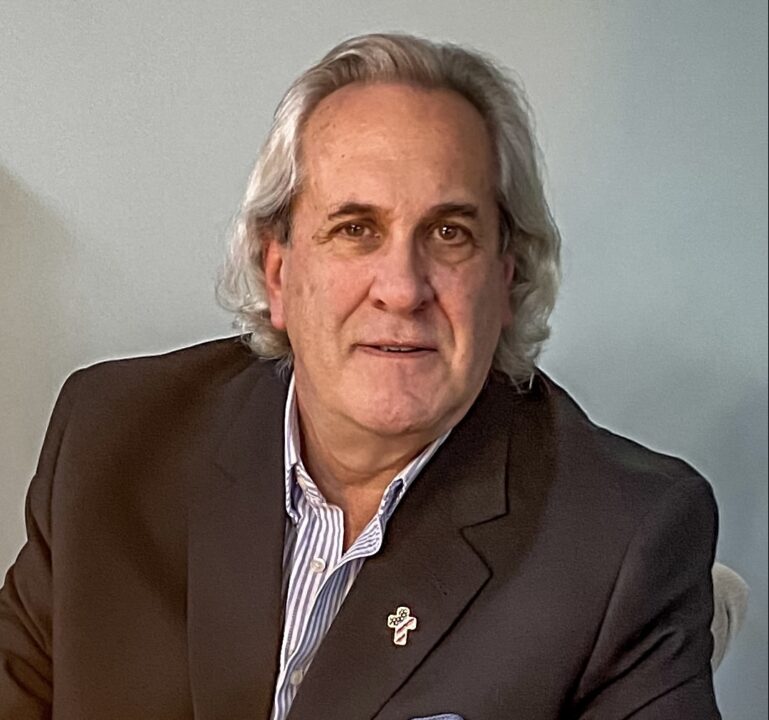The COVID-19 pandemic changed many aspects of our lives forever. Masks and social distancing were suspended as the Pandemic lifted. I bet most people purged their cars and homes of masks, hoping never to have to wear one again. Other changes are not so easily defined, and one of these would be the workplace environment.
People either lost their jobs until COVID ended, had their workplace modified so they could continue to work, or their job was changed to remote, meaning they could work anywhere they had an internet connection. These remote jobs were the slowest to respond after the Pandemic. Many workers became accustomed to “working” from home and were resistant to returning to a brick-and-mortar office. This new thinking did not sit well with traditional and more conservative leadership/ownership teams and set up a line of demarcation to be negotiated. I put “working” in quotes because most people are not disciplined enough to work unsupervised at home; therefore, productivity suffered, as did any team environment.
The other side of the equation, and possibly a weaker argument, is that workers are happier, healthier, and more productive for the time working when they are remote. They find the work/home balance beneficial to their professional efforts. The time saved by not commuting was advantageous to both sides of their life balance, and the reduced stress allowed them to focus more on their tasks. These points may sound good, but who is actually setting the criteria, the company or the employee?
At some point, many companies took a stand, and the employees returned to the office or forfeited their jobs. Dell, one of the country’s leading tech companies, is offering an option. If an employee chooses to work remotely, they pass on future COLA increases and job advancements. In the case of older workers, neither of these is enough to return to the office. Younger workers who may need the COLA increase yearly, and advancement opportunities are leaving home for the workplace. Dave Ramsey, one of the leaders in money-handling plans, employs a team of 1,100 people, all required to work in-house. Ramsey feels that the team approach is essential to serving the customer, and his team is under one roof or can find employment elsewhere.
This conundrum was forced on us by a Pandemic with little thought to how it would impact worker relations down the road. Remote was necessary for businesses to remain viable during a once-in-a-lifetime medical emergency. Now that COVID is fading in the rearview mirror, it is time to assess what works best for the business. After all, if the company does not succeed, there is no need for discussion and a policy.
Unlike education, where the impact of remote learning was seen in lower test scores and reduced graduation rates, the business world does not have specific data on how remote workers impact the company. One of the other factors in remote education and business is the continued deterioration of social and interactive skills. We are creating a generation of children and adults who are satisfied to be alone rather than amongst others. There is just something that does not seem healthy about the impact of choosing remote.
This question of which side of the remote argument the government favors is unclear, and it is probably good that it stays out of the discussion. They would probably side with the remote worker, as it promotes fewer people/cars on the road and less carbon into our air. But this government favors a six-hour workday, three days a week, with a nap included for our president. We know how inefficient the government is. Let’s let the companies and their workers duke this one out.

